For a long time, children in mountainous and ethnic minority areas have been disadvantaged in accessing education. Therefore, preschool teachers in mountainous areas also have to face many difficulties, shortages and constant worries for the children.
Concerns in "remote villages"
Like many schools in the highlands of Lao Cai province, Tham Ma school, part of Nghia Do Kindergarten, Bao Yen district, Lao Cai province, is located in a difficult area, facing flash floods and landslides, affecting traffic and travel.
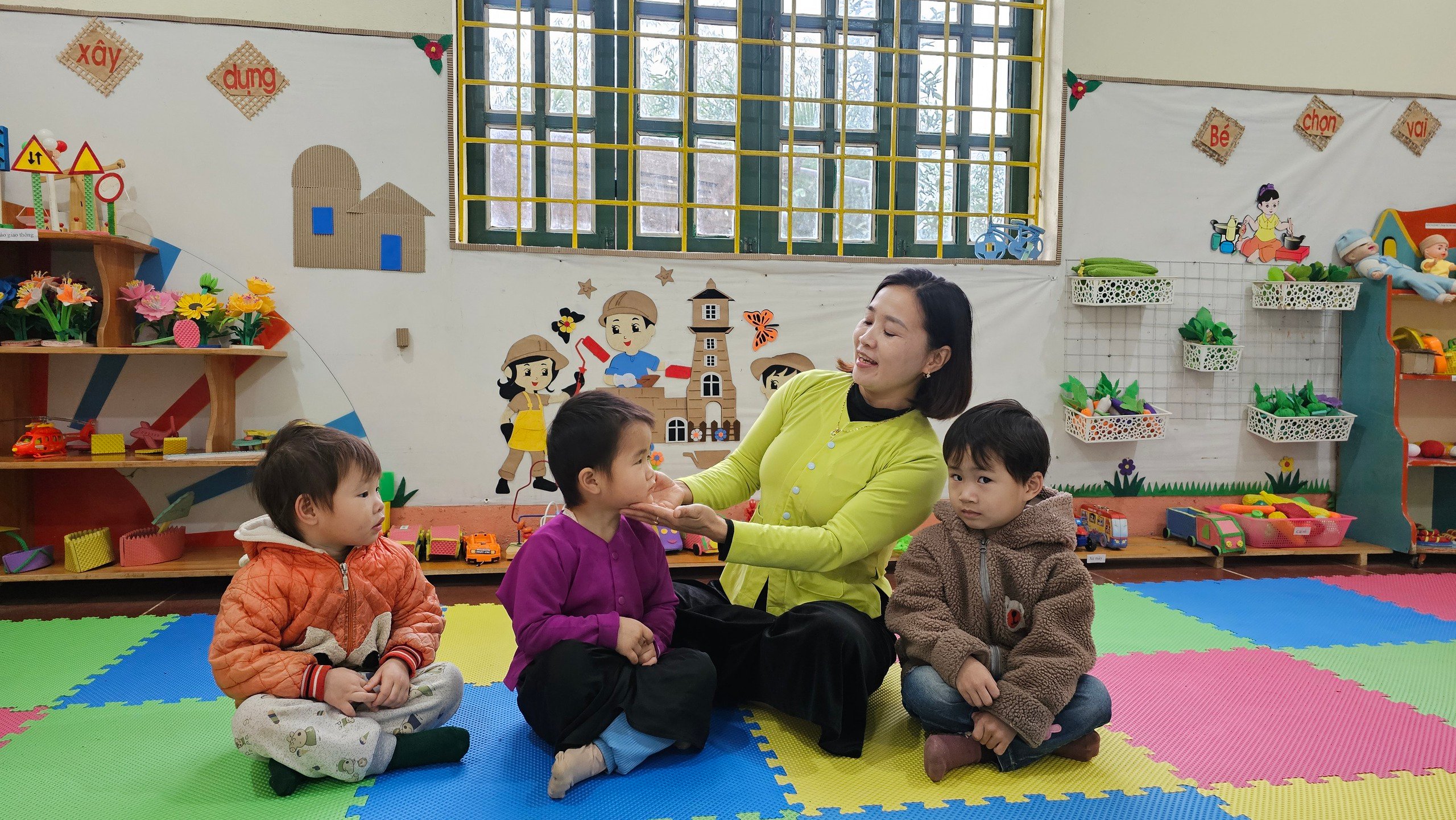
Ms. Co Thi Nuong and her students
Ms. Co Thi Nuong (40 years old) has been working at Tham Ma Kindergarten for over 14 years. She teaches 2-3 year olds, mainly ethnic minority children. She recalls that 5 years ago, a flash flood occurred in Nghia Do commune, causing a landslide of more than 10km of road. This is also the road that the teachers ride their motorbikes to school every day to teach children.
"The landslide blocked traffic and lost phone signal, making it impossible for us to contact parents to grasp the situation of the children. A week later, we decided to walk 10km on that landslide road to get to the school and accompany the parents to take care of the children. At that time, the school had no electricity, and the parents brought food. Luckily, at that time, we received the attention of leaders at all levels, volunteers and parents, providing the necessary necessities for both teachers and students to overcome those difficulties," Ms. Nuong recalled.
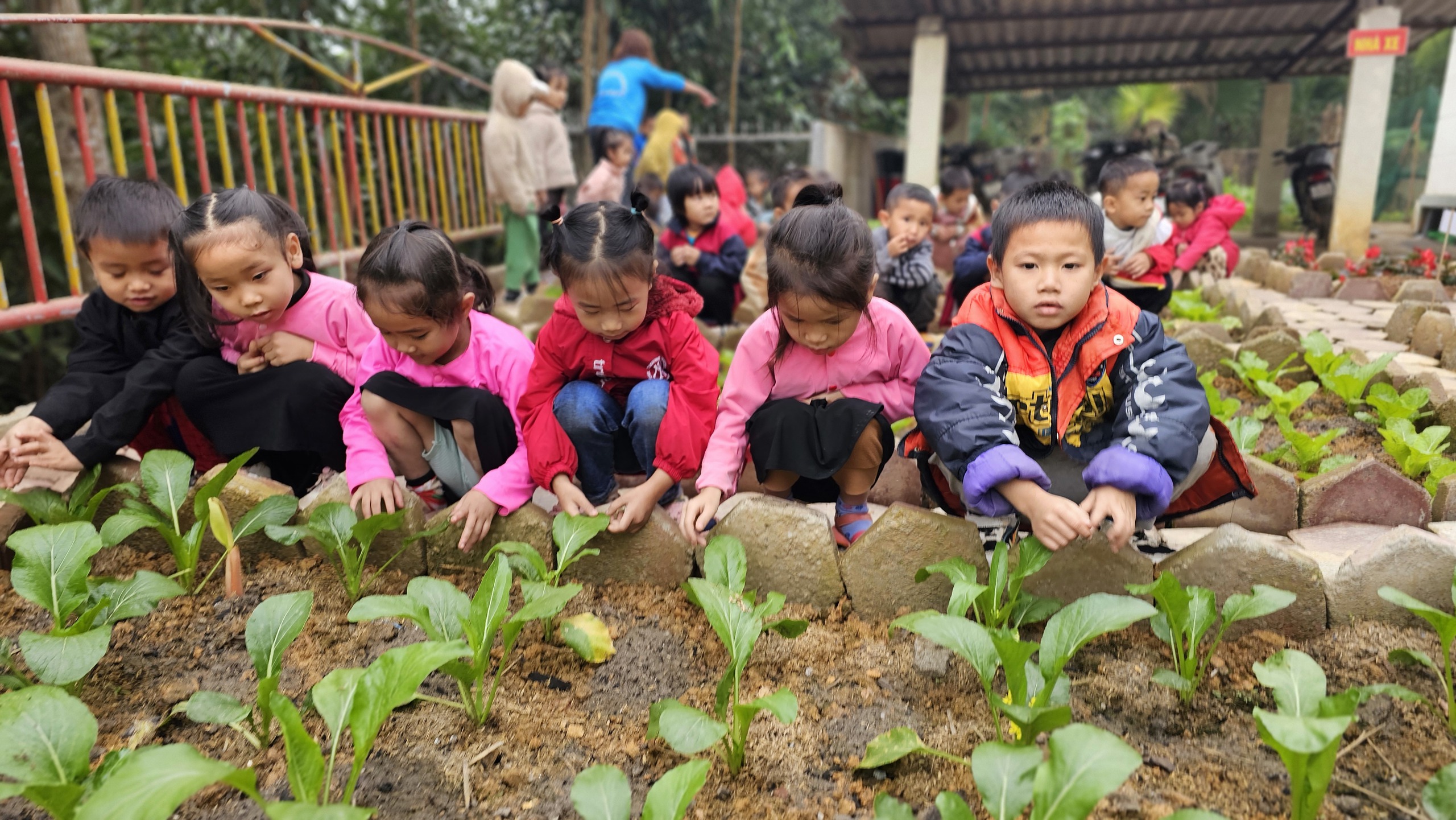
Preschool children at Tham Ma school (Lao Cai)
Also having 12 years of experience in teaching preschool children in Nghia Do, Ms. Co Thi Vui (34 years old) also has many profound memories in the profession. In the 2018-2019 school year, she was assigned to teach the 5-year-old class at Na Dinh school with a class of 30 children, including 1 child with congenital heart disease.
During her teaching, the child once had a heart attack and fainted. The teachers performed CPR and promptly took the child to the emergency room. That was the moment she felt most scared, all she could do was pray for the child to survive.
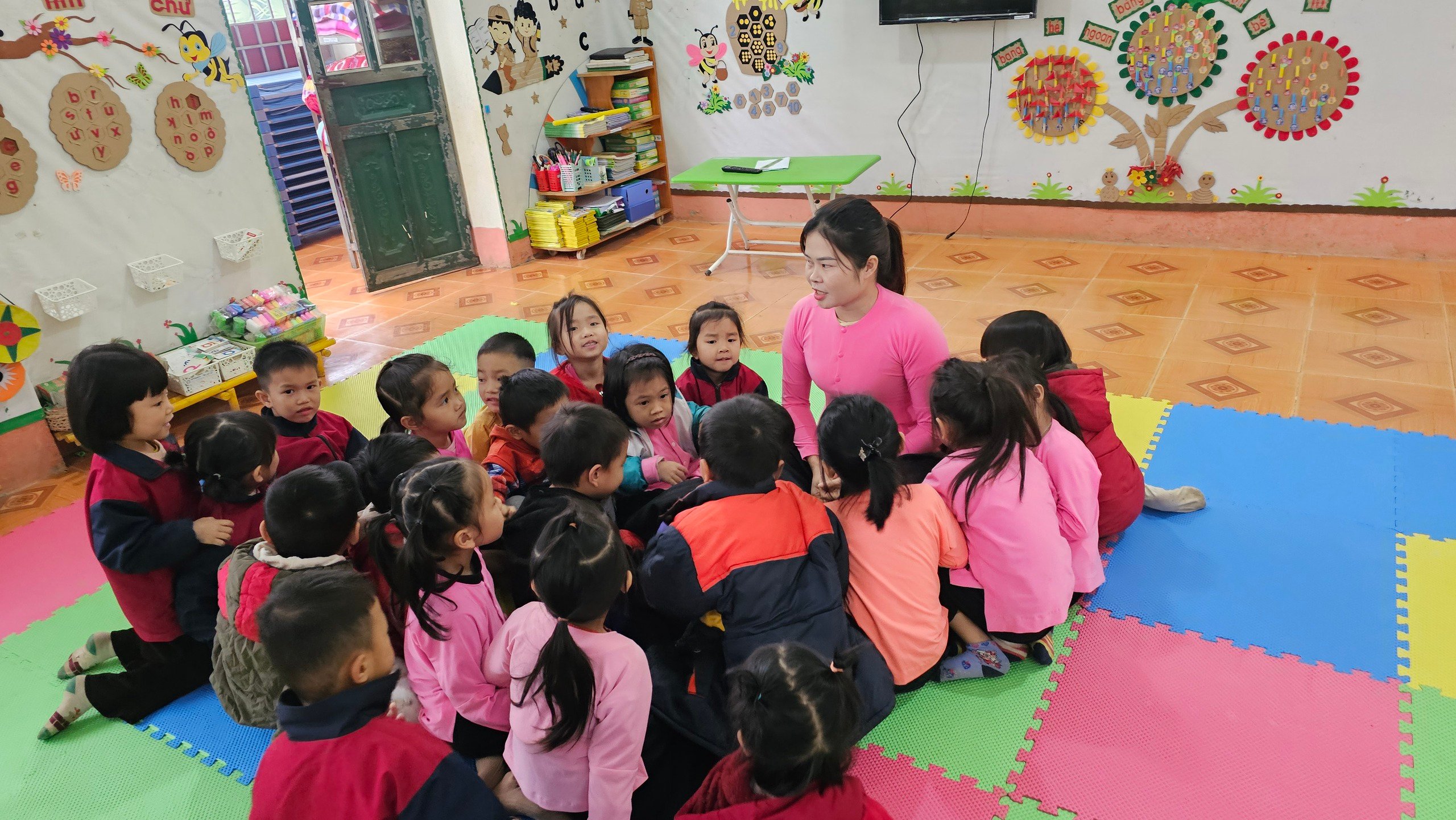
Ms. Vui and her students in storytelling class
Then in the 2021-2022 school year, she was assigned to teach a 4-year-old class at Tham Ma school. While chasing a child who ran out of the classroom, Ms. Vui's colleague, teacher Dung, fell and injured her spine, leaving her with lasting effects. "If Ms. Dung had not chased after the child at that time, the child would have had unfortunate events. But the effects left on Ms. Dung also make us very sad," Ms. Vui confided.
Those were the memories that made her "heart-stopping" and worried. But because of that, she wanted to be more attached to the school and the class, trying to minimize the risks for the children in the process of caring for and teaching.
Ms. Vui shared: "It is a fact that preschool teachers in mountainous areas are under a lot of time pressure. They often have to come early and leave late, lasting more than 8 hours a day because parents work in the fields and only come back to pick up their children in the evening."
Drop off at home
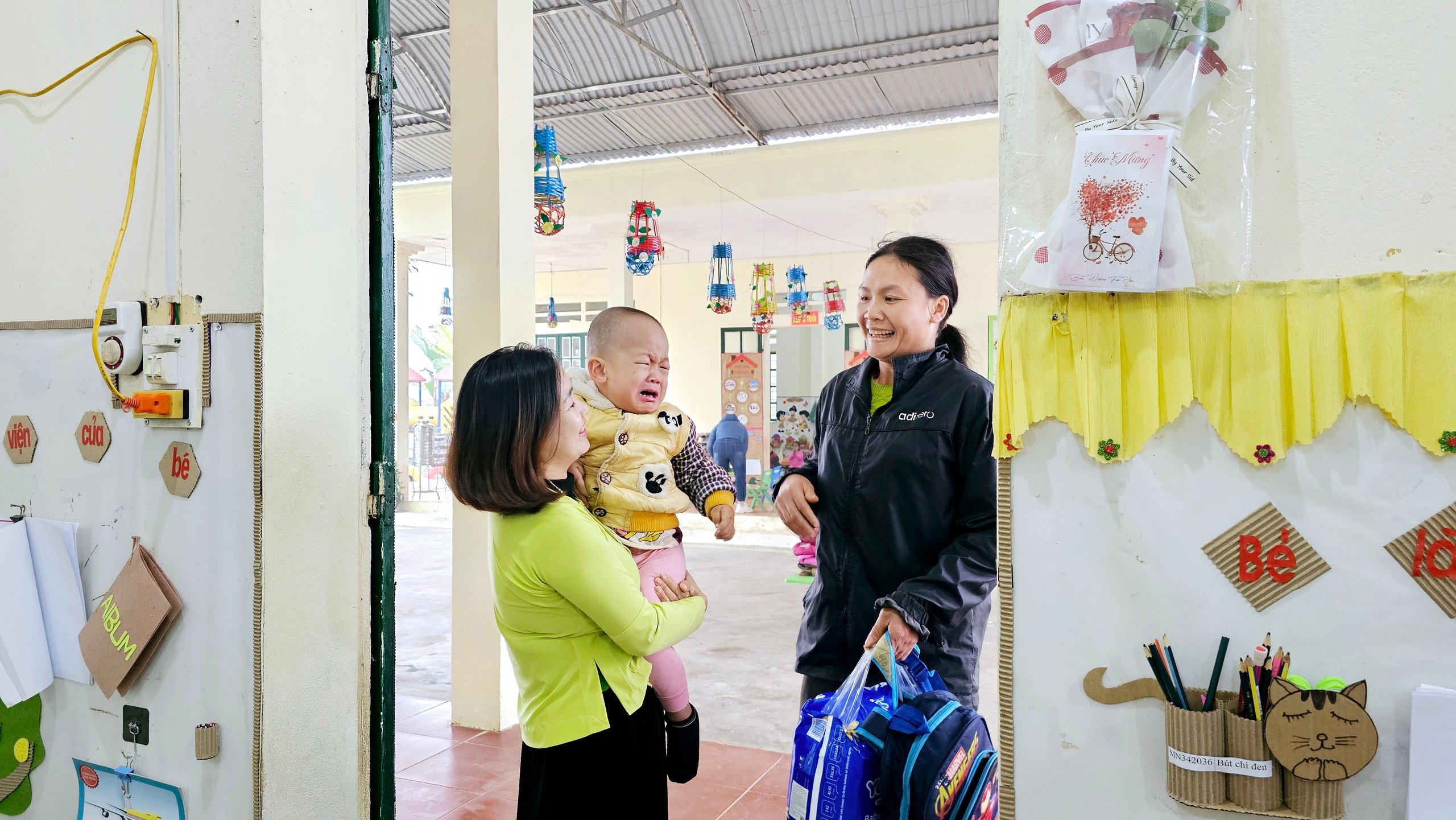
Miss Nuong (left) has been a teacher in the highlands for more than 14 years.
Ms. Co Thi Vui said that most of the students in the highlands are ethnic minorities, with low educational level and difficult life. The rate of malnourished and stunted children is still higher than in urban areas. Attendance rate is low, the rate of mobilizing children to go to class is low, especially for kindergarten age. It has been a long-standing reality that most children in the highlands and ethnic minority areas are disadvantaged in accessing education. In addition to the cause of socio-economic conditions and difficult transportation, it also partly stems from the limited awareness of parents.
One of the difficulties for teachers here is having to take on the responsibility of dropping off children at home because some parents cannot afford to pick up their children, and due to economic difficulties, parents go to work past pick-up time. Along with that, some parents are not enthusiastic in cooperating with teachers to train children at home, leaving all the work on the teacher's shoulders.
Ms. Nuong also confided that parents are not really interested in sending their children to school. At the beginning of the year, teachers still have to go to each house to encourage children to go to class, but still cannot ensure the rate according to the assigned target.
Sharing more about her wishes, Ms. Nuong said: "We all hope for the attention of all levels, departments and sectors, providing adequate teaching materials and equipment for kindergartens. In addition, there should be preferential treatment for teachers working in difficult areas. At the same time, we hope that parents will pay more attention to share with teachers in the work of caring for and educating children."
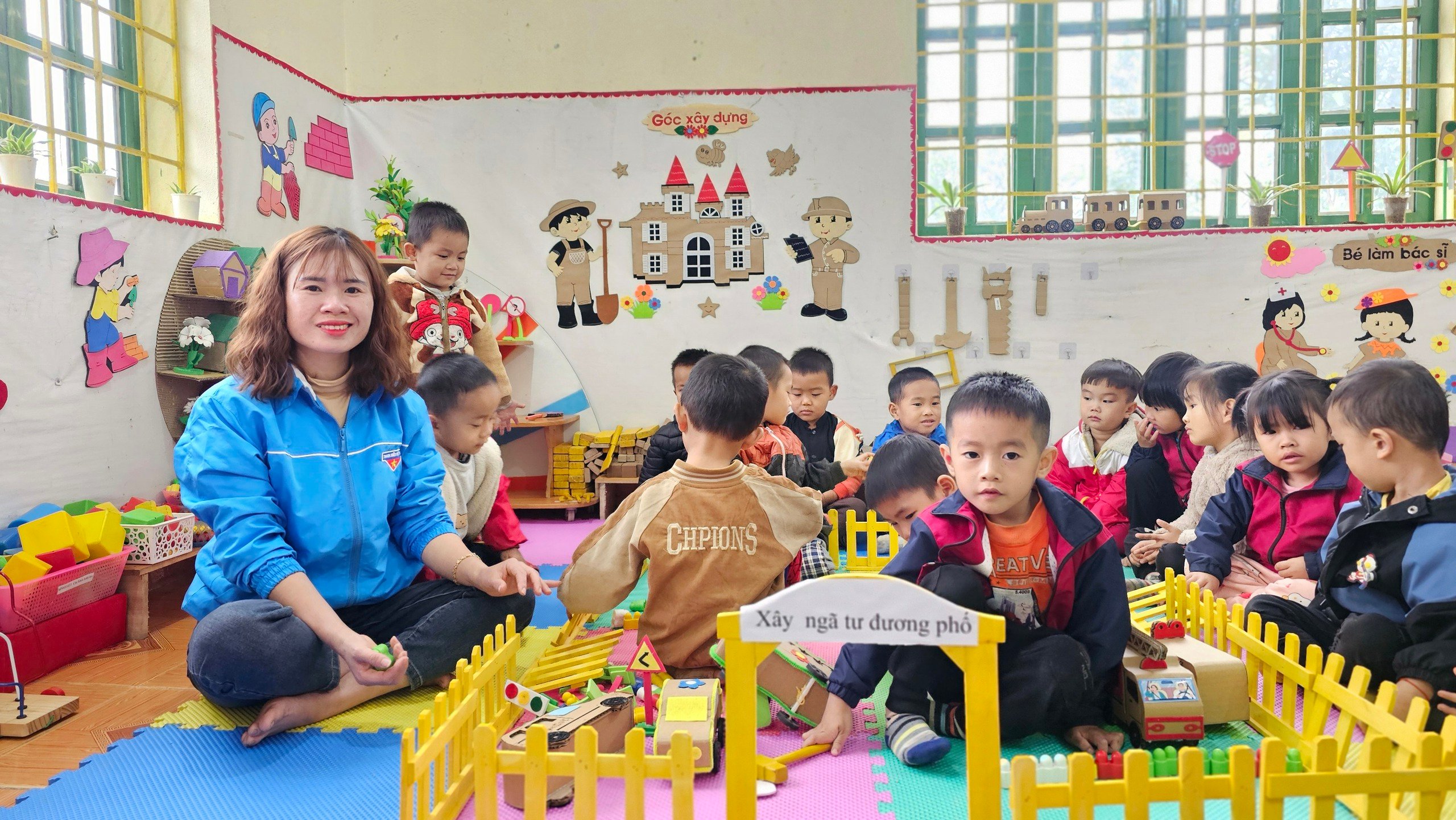
Ms. Nguyen Thi Nhuc often organizes extracurricular activities and folk games for children.
Because there are still many difficult problems in educating children, teachers always have initiatives and creativity in teaching preschool children. Having worked at Nghia Do Kindergarten for over 10 years, Ms. Nguyen Thi Nhuc (31 years old) said that in her professional work as well as in the process of teaching children, she always finds innovative methods to enrich the lessons, helping children to be interested in learning.
She often organizes extracurricular activities, folk games, outdoor activities, and takes children to explore the community tourism area in Nghia Do commune. Through this, children develop physical and social skills, and understand the traditional culture of their ethnic group. She also teaches children to take care of themselves, work in groups, and apply them in daily life.
"With 100% of ethnic minority students often using their mother tongue and having little contact with Vietnamese, this makes it difficult to communicate and impart knowledge. Children in the highlands are often attached to the customs and practices of the Tay ethnic group, forcing teachers to make more efforts to balance preserving ethnic identity and imparting knowledge according to the preschool education program," Ms. Nhuc shared.
Despite having to take on many roles from teaching, caring to mobilizing and persuading parents to send their children to school, preschool teachers in the highlands are still striving every day to overcome all difficulties, dedicating themselves to their profession to bring knowledge to children in the highlands.
They all want to see children study in a good environment, develop comprehensively, escape poverty and move towards a brighter future.
Source: https://pnvnweb.dev.cnnd.vn/bam-ban-vi-tuong-lai-tuoi-sang-cua-tre-vung-cao-2024123115352232.htm


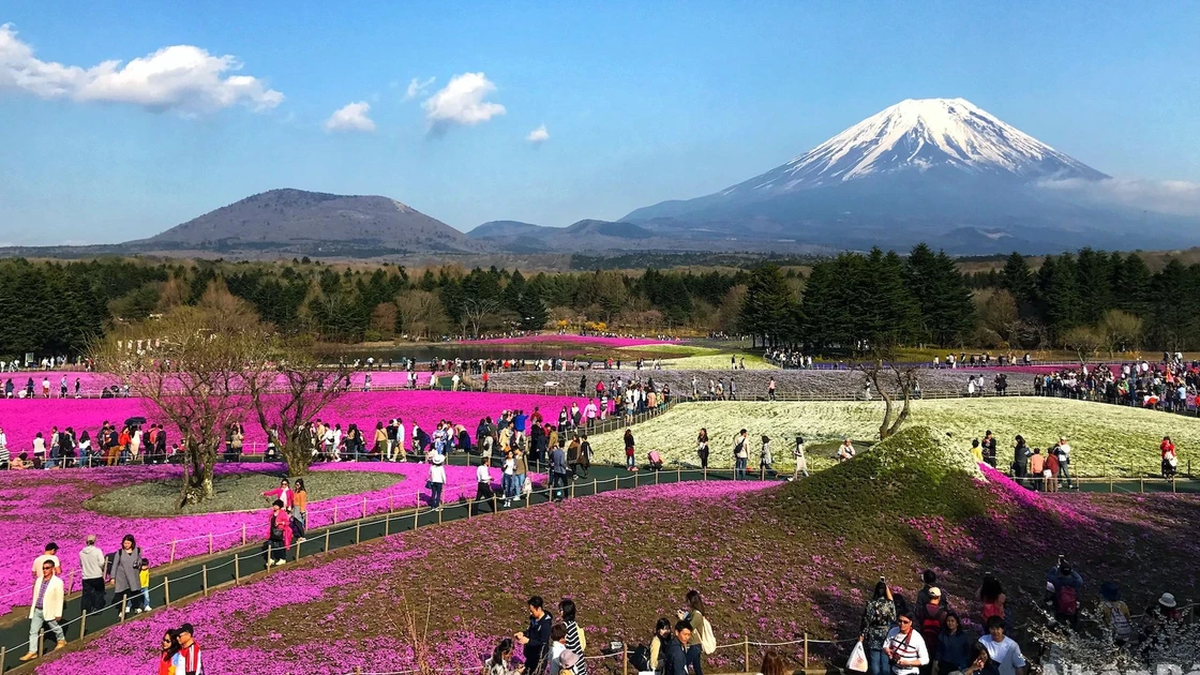



![[Photo] General Secretary To Lam receives leaders of typical Azerbaijani businesses](https://vphoto.vietnam.vn/thumb/1200x675/vietnam/resource/IMAGE/2025/5/8/998af6f177a044b4be0bfbc4858c7fd9)
![[Photo] General Secretary concludes visit to Azerbaijan, departs for visit to Russian Federation](https://vphoto.vietnam.vn/thumb/1200x675/vietnam/resource/IMAGE/2025/5/8/7a135ad280314b66917ad278ce0e26fa)
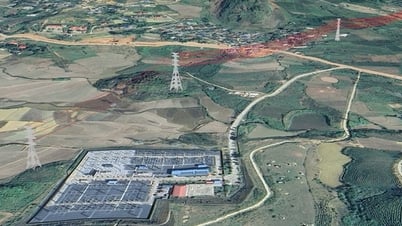




















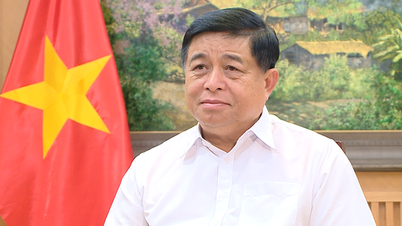
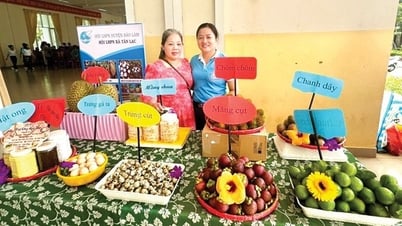
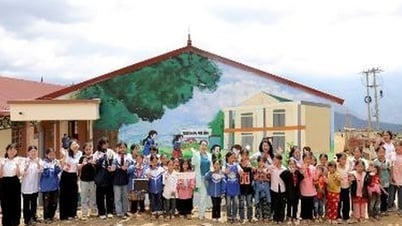
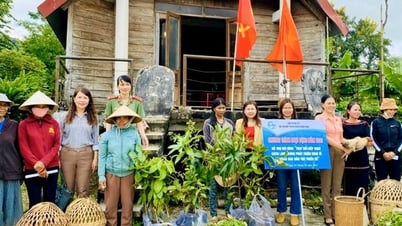


































![[Photo] Prime Minister Pham Minh Chinh talks on the phone with Singaporean Prime Minister Lawrence Wong](https://vphoto.vietnam.vn/thumb/402x226/vietnam/resource/IMAGE/2025/5/8/e2eab082d9bc4fc4a360b28fa0ab94de)











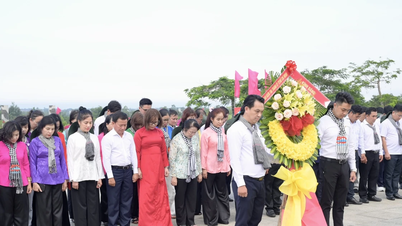





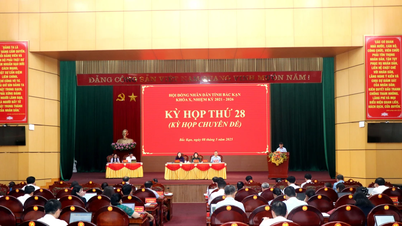

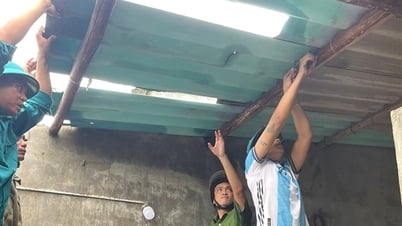














Comment (0)